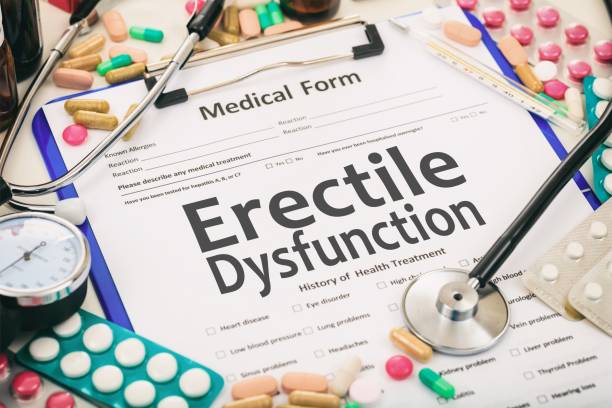Erectile dysfunction (ED) is a prevalent issue affecting millions of men worldwide. While there are various causes, including psychological factors and underlying health conditions, the role of diet and nutrition in erectile health is increasingly being recognized as significant. Research suggests that what we consume can directly impact vascular health, hormone levels, and overall well-being, all of which play crucial roles in erectile function. This essay delves into the relationship between diet, nutrition, and erectile health, exploring the foods and nutrients that can either promote or hinder erectile function.
The Vascular Connection
The health of our vascular system, particularly blood vessels that supply the penis, is paramount to erectile function. Any impairment in blood flow can lead to difficulties in achieving or maintaining an erection. Diets high in saturated fats, trans fats, and cholesterol can contribute to atherosclerosis, a condition where arteries become narrowed and hardened due to plaque buildup. This can impede blood flow to all parts of the body, including the penis.
Conversely, diets rich in fruits, vegetables, whole grains, and lean proteins have been associated with improved vascular health. Foods such as berries, leafy greens, nuts, and olive oil contain antioxidants and anti-inflammatory compounds that can help protect blood vessels and promote healthy blood flow. Additionally, omega-3 fatty acids found in fatty fish like salmon and mackerel have been shown to improve vascular function and reduce the risk of cardiovascular disease, which is closely linked to erectile dysfunction.
Hormonal Balance
Hormones play a crucial role in regulating sexual function, including libido and erectile function. Testosterone, in particular, is the primary male sex hormone responsible for maintaining libido and supporting erectile function.
Zinc is an essential nutrient that plays a vital role in testosterone production. Foods rich in zinc, such as oysters, beef, pumpkin seeds, and lentils, can support healthy testosterone levels. On the other hand, diets high in sugar and refined carbohydrates can lead to insulin resistance, which has been linked to lower testosterone levels and increased risk of erectile dysfunction.
Vitamin D is another nutrient that has been associated with testosterone levels. Sun exposure is the primary source of vitamin D, but it can also be obtained from foods like fatty fish, fortified dairy products, and egg yolks. Adequate levels of vitamin D have been linked to improved testosterone production and better erectile function.
Obesity and Erectile Dysfunction
Obesity is a significant risk factor for erectile dysfunction. Excess body weight, particularly abdominal fat, can lead to hormonal imbalances, insulin resistance, and vascular issues, all of which can contribute to erectile dysfunction.
A balanced diet and regular physical activity are essential for maintaining a healthy weight and reducing the risk of obesity-related erectile dysfunction. Incorporating whole foods, limiting processed foods and sugary beverages, and engaging in regular exercise can help manage weight and improve overall health, thereby supporting erectile function.
Conclusion
In conclusion, diet and nutrition play a crucial role in erectile health. A diet rich in fruits, vegetables, whole grains, lean proteins, and healthy fats can promote vascular health, support hormonal balance, and help maintain a healthy weight, all of which are essential for optimal erectile function.
Conversely, diets high in saturated fats, trans fats, cholesterol, sugar, and refined carbohydrates can negatively impact vascular health, hormonal balance, and weight management, increasing the risk of erectile dysfunction.
While diet alone may not be the sole solution to erectile dysfunction, it can be a significant contributing factor. Adopting a balanced diet, along with other healthy lifestyle choices such as regular exercise, maintaining a healthy weight, limiting alcohol consumption, and avoiding tobacco use, can help reduce the risk of erectile dysfunction and improve overall quality of life.
It’s essential to remember that individual factors, including age, underlying health conditions, medications, and psychological factors, can also contribute to erectile dysfunction. Therefore, it’s always advisable to consult with a healthcare professional for a comprehensive approach to managing erectile health.




